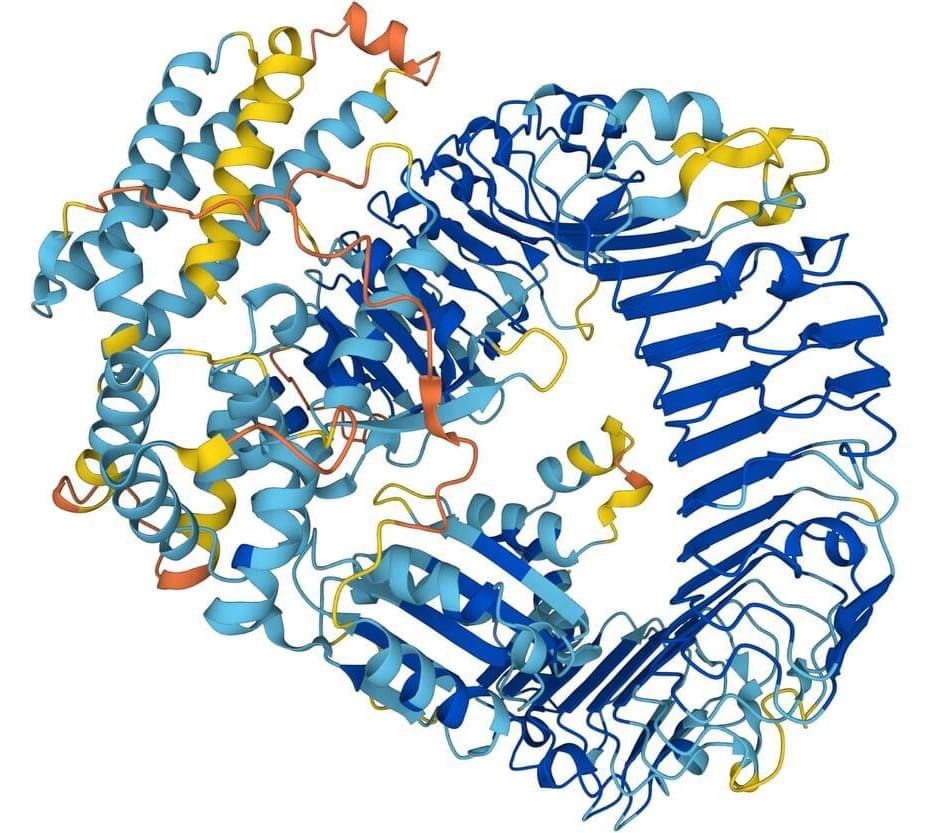In an ancillary study of the Vitamin D and Omega-3 Trial (VITAL), we tested whether supplemental vitamin D3 would result in a lower risk of fractures than placebo. VITAL was a two-by-two factorial, randomized, controlled trial that investigated whether supplemental vitamin D3 (2000 IU per day), n−3 fatty acids (1 g per day), or both would prevent cancer and cardiovascular disease in men 50 years of age or older and women 55 years of age or older in the United States. Participants were not recruited on the basis of vitamin D deficiency, low bone mass, or osteoporosis. Incident fractures were reported by participants on annual questionnaires and adjudicated by centralized medical-record review. The primary end points were incident total, nonvertebral, and hip fractures. Proportional-hazards models were used to estimate the treatment effect in intention-to-treat analyses.
Among 25,871 participants (50.6% women [13,085 of 25,871] and 20.2% Black [5106 of 25,304]), we confirmed 1991 incident fractures in 1,551 participants over a median follow-up of 5.3 years. Supplemental vitamin D3, as compared with placebo, did not have a significant effect on total fractures (which occurred in 769 of 12,927 participants in the vitamin D group and in 782 of 12,944 participants in the placebo group; hazard ratio, 0.98; 95% confidence interval [CI], 0.89 to 1.08; P=0.70), nonvertebral fractures (hazard ratio, 0.97; 95% CI, 0.87 to 1.07; P=0.50), or hip fractures (hazard ratio, 1.01; 95% CI, 0.70 to 1.47; P=0.96). There was no modification of the treatment effect according to baseline characteristics, including age, sex, race or ethnic group, body-mass index, or serum 25-hydroxyvitamin D levels. There were no substantial between-group differences in adverse events as assessed in the parent trial.
Vitamin D3 supplementation did not result in a significantly lower risk of fractures than placebo among generally healthy midlife and older adults who were not selected for vitamin D deficiency, low bone mass, or osteoporosis. (Funded by the National Institute of Arthritis and Musculoskeletal and Skin Diseases; VITAL ClinicalTrials.gov number, NCT01704859.)





